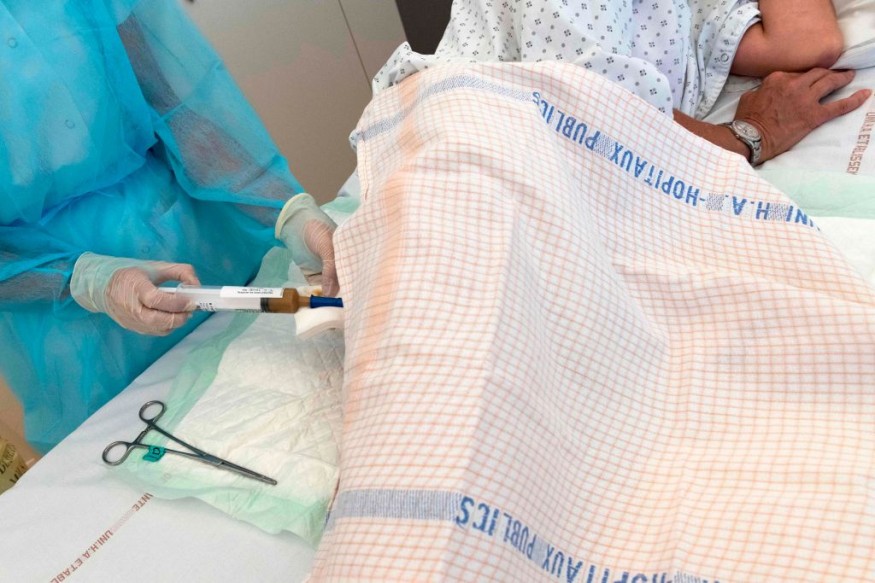In the search for the fountain of youth, scientists found an unlikely way to reverse aging using an unlikely material - feces. Scientists have provided evidence from research in mice that transplant gut microbiota from a young mouse to an old mouse reverses the hallmarks of aging in the brain, eyes, and gut, Science Daily reported.
A fecal microbiota transplant is a process of implanting the excrement of one individual into another to cure them of disease. With the recent result, researchers showed that gut microbiota plays a crucial role in regulating some of the detrimental effects of aging and opens the possibility of using gut microbiota-based therapy to combat the decline in old age.

Fecal Transplant Reverses Hallmark of Aging
Scientists at the Quadram Institute and the University of East Anglia have shown in their new study, titled "Fecal Microbiota Transfer Between Young and Aged Mice Reverses Hallmarks of the Aging Gut, Eye, and Brain," published in the journal Microbiome, that transplanting fecal microbiota from young into an old mouse can reverse hallmarks of aging.
Doctors have been using fecal transplants in solving other health issues, such as Clostridium difficile (C. diff) infections, but this time they have used it to see whether it can reverse the aging process in mice.
Researchers noted that most diseases are associated with changes in the types and behavior of a person's gut microbiota, which happens as people age affecting metabolism and immunity. It has been linked to age-related problems, such as inflammatory bowel diseases, as well as autoimmune, cardiovascular, metabolic, and neurodegenerative disorders.
In the study, the team noted that old mice have low integrity of gut lining that allows bacteria products to cross circulation and trigger the immune system and inflammation in the brain and eyes. When the gut microbiota from young mice was transferred to old mice, the detrimental changes in the eyes, brain, and gut were reversed.
Researchers are now working to understand how long these positive effects can last and identify how they can benefit young donors, especially their impact on organs far from the gut.
ALSO READ : Can Fecal Transplant Treat COVID-19? Poland Patients with Gut Infections, Coronavirus Claim Poop Cured Them
Future Of Poo Pill
Despite the plethora of studies about how fecal transplant has saved people with C.diff infection, the US Food and Drug Administration has not yet approved its use due to potential risks. They stated that the practice could, unfortunately, cause life-threatening infections for those who try it.
While calling for further research, the team said that their findings in the mice study could eventually lead to the creation of "poo pill" supplements that humans could use as an anti-aging hack.
According to New York Post, doctors have been slowly accepting that the individual's unique bacterial ecosystem affects human health and understanding that could open opportunities for treating various diseases, like dementia, obesity, cancer, COVID-19, and even depression.
Study co-author Dr. Simon Carding added that this groundbreaking study provides evidence for the direct link between the gut microbiome in aging and the functional decline of brain function and vision, hoping that future studies could use their findings for developing gut microbiome replacement therapy.
RELATED ARTICLE : Brain Aging Reversal Possible? Gut Microbiota Transplant Could Improve Cognitive Function Based on Mice Study
Check out more news and information on Fecal Microbiota Transplant in Science Times.










